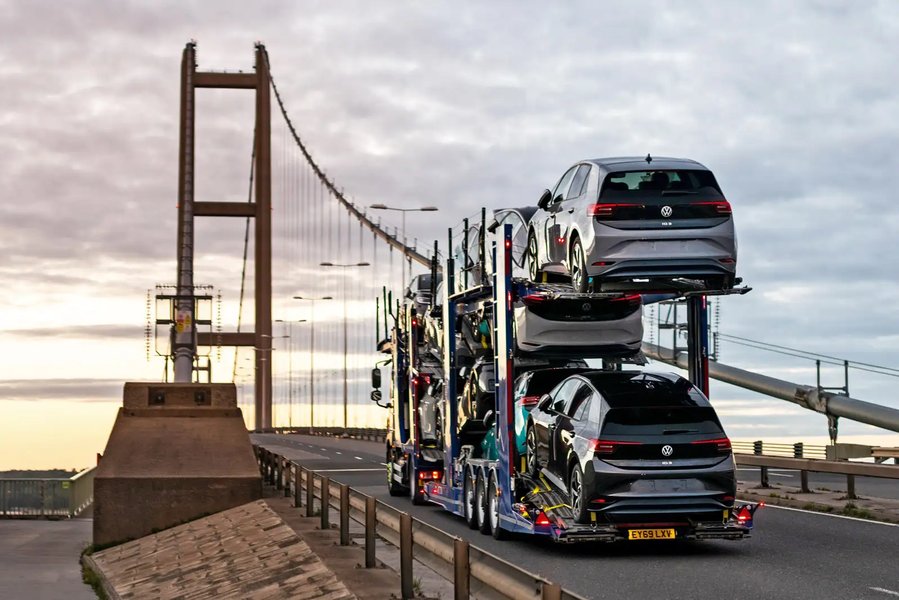UK Contemplating Pushing Back New ICE Car Ban to 2035

The United Kingdom is reportedly mulling over a delay in implementing the ban on the sale of new gasoline and diesel cars, considering a shift to the year 2035. This marks a five-year extension from the initial target set for 2030 to reduce greenhouse gas emissions, according to the BBC.
The 2030 target was initially introduced in November 2020, forming a critical aspect of then-Prime Minister Boris Johnson's vision for a "green revolution." Despite reaffirmations from senior minister Michael Gove as recently as July, the British government seems to be contemplating a departure from this ambitious timeline.
This 2030 deadline originally stood as a more aggressive target compared to the European Union's plan, which aims to mandate zero emissions for new cars sold after 2035, effectively phasing out the sale of new gasoline and diesel models. Earlier this year, the EU modified its plan to allow for synthetic fuels.
Current British Prime Minister Rishi Sunak is expected to address the nation in the coming days, unveiling a series of policy relaxations concerning greenhouse gas emissions. However, it is reported that Sunak is not likely to backtrack on the government's binding objective, enshrined in law in 2019, to achieve net zero emissions by 2050.
While Sunak's office refrained from commenting on speculation, a government spokesperson asserted the steadfast commitment to the net-zero objectives. The spokesperson emphasized that the government's approach would prioritize pragmatism to ensure that costs do not burden hardworking UK families while remaining resolute in achieving net-zero emissions.
Nonetheless, concerns are mounting within the political sphere and among climate advocates, suggesting that Britain, under Sunak's leadership, may be losing the resolve to enact challenging climate policies, especially in the lead-up to an anticipated election next year.
Sunak's handling of climate policies has faced scrutiny, particularly after emphasizing a "proportionate approach" to climate change that seeks to balance net-zero aspirations with the necessity of keeping consumer costs in check. Sunak defended Britain's carbon emission reduction record, asserting its superiority over that of other major nations.
Meanwhile, the European Union has also faced backlash over its policies. In March, Germany forged an alliance with seven other nations to oppose the 2035 ICE ban, leading to the recent concessions. Meanwhile, companies like Porsche and Lamborghini are forging ahead with the development of synthetic fuels, which are touted as carbon neutral and could extend the production of ICE vehicles past 2035.
